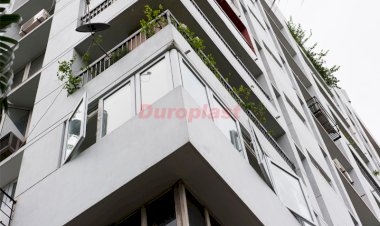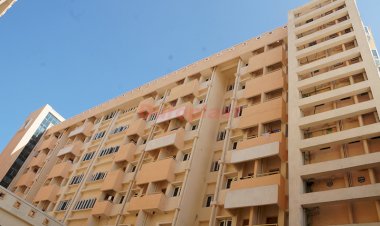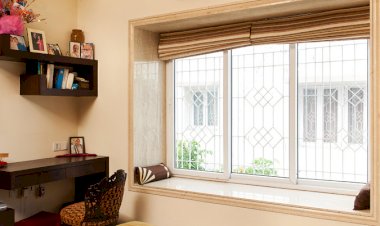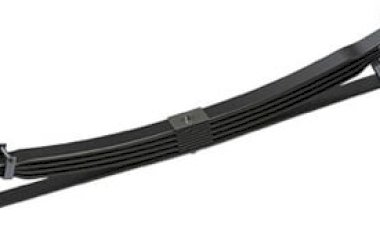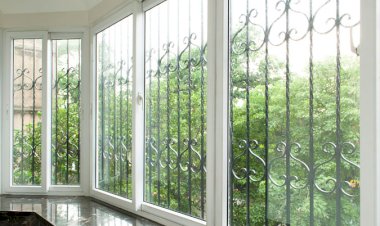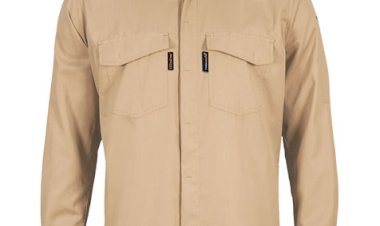What are the advantages of uPVC windows over wood?
uPVC (unplasticized polyvinyl chloride) windows have become increasingly popular over the years, especially when compared to traditional wood windows.
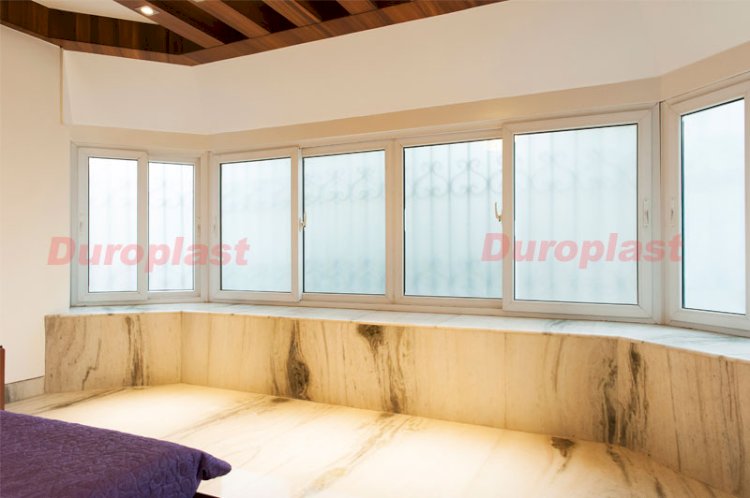
uPVC (unplasticized polyvinyl chloride) windows have become increasingly popular over the years, especially when compared to traditional wood windows. There are a number of advantages of uPVC windows over wood, ranging from cost and maintenance to durability and energy efficiency. In this article, we will explore these advantages in more detail.
Affordability
One of the most significant advantages of uPVC windows over wood is their cost. uPVC windows are generally less expensive than wood windows. This is because uPVC is a more affordable material to produce and work with than wood. uPVC windows are also easier and quicker to install than wood windows, which can further reduce the overall cost.
Durability
Another major advantage of uPVC windows over wood is their durability. uPVC windows are extremely resistant to weather, rot, and corrosion. This means they are less likely to warp, crack, or rot over time. In contrast, wood windows are more susceptible to rot and warping, particularly if they are not properly maintained. uPVC windows can also withstand extreme weather conditions, such as high winds, heavy rain, and extreme temperatures.
Maintenance
uPVC windows are low maintenance and require very little upkeep compared to wood windows. Wood windows need to be regularly cleaned, painted, and varnished to prevent them from deteriorating over time. This can be a time-consuming and expensive task. In contrast, uPVC windows require only occasional cleaning with soap and water to keep them looking their best. Additionally, uPVC windows will not need to be repainted, which can save homeowners a lot of money and effort over the life of the windows.
Energy Efficiency
uPVC windows are extremely energy-efficient, which is another significant advantage over wood windows. uPVC is a good insulator, which means that it can help keep heat inside a home during the winter and keep it out during the summer. This can lead to significant energy savings, which can help reduce the cost of heating and cooling a home. Additionally, uPVC windows can help reduce the carbon footprint of a home by reducing the amount of energy required to keep it comfortable.
Security
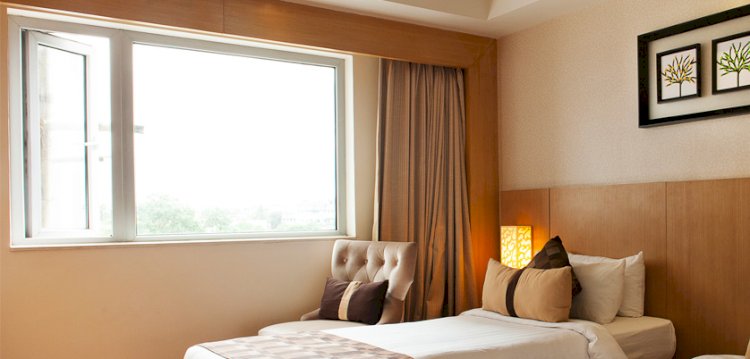 uPVC windows are also more secure than wood windows. uPVC is a strong and durable material that can resist break-ins and other attempts to force entry. uPVC windows are also fitted with multiple locking points, which can make them more difficult to open from the outside. This can provide homeowners with added peace of mind and a greater sense of security.
uPVC windows are also more secure than wood windows. uPVC is a strong and durable material that can resist break-ins and other attempts to force entry. uPVC windows are also fitted with multiple locking points, which can make them more difficult to open from the outside. This can provide homeowners with added peace of mind and a greater sense of security.
Noise Reduction
Another advantage of uPVC windows over wood is their ability to reduce noise. uPVC is a good sound insulator, which means that it can help reduce the amount of noise that enters a home from outside. This can be especially beneficial for homeowners who live in noisy areas, such as near a busy road or a railway line.
Aesthetics
While uPVC windows may not have the same natural beauty as wood windows, they come in a variety of colors and styles that can complement any home's design. uPVC windows are also highly customizable, with a variety of finishes, shapes, and sizes available. Additionally, uPVC windows do not require any staining or painting, which means that homeowners can choose a color that suits their home's design and style without having to worry about ongoing maintenance.
In conclusion, there are many advantages of uPVC windows over wood, including cost, durability, low maintenance, energy efficiency, security, noise reduction, and aesthetics. While wood windows may offer a certain level of charm and character, uPVC windows provide homeowners with a practical and cost-effective solution that can meet their needs for years to come .








